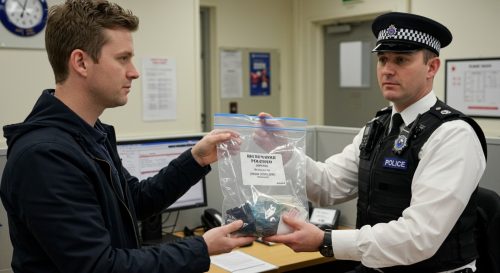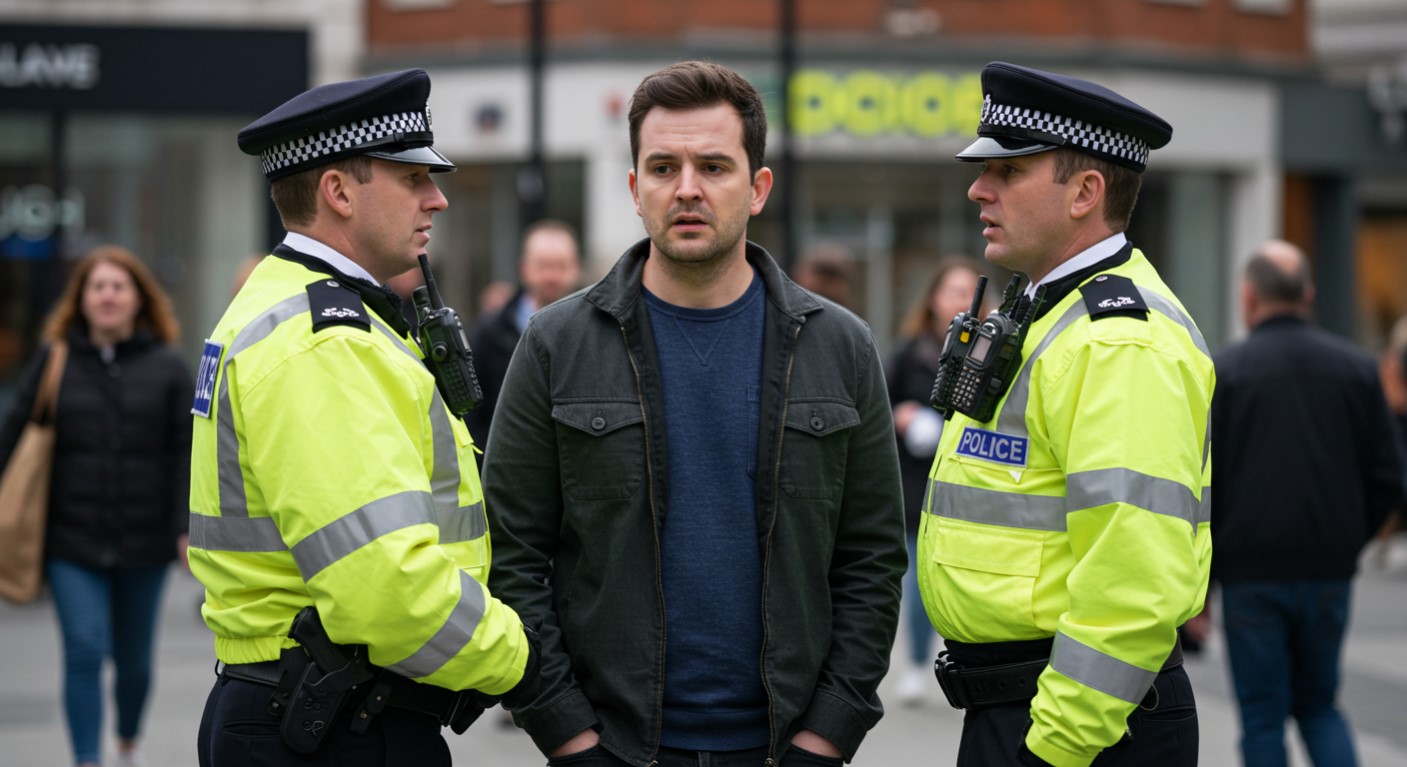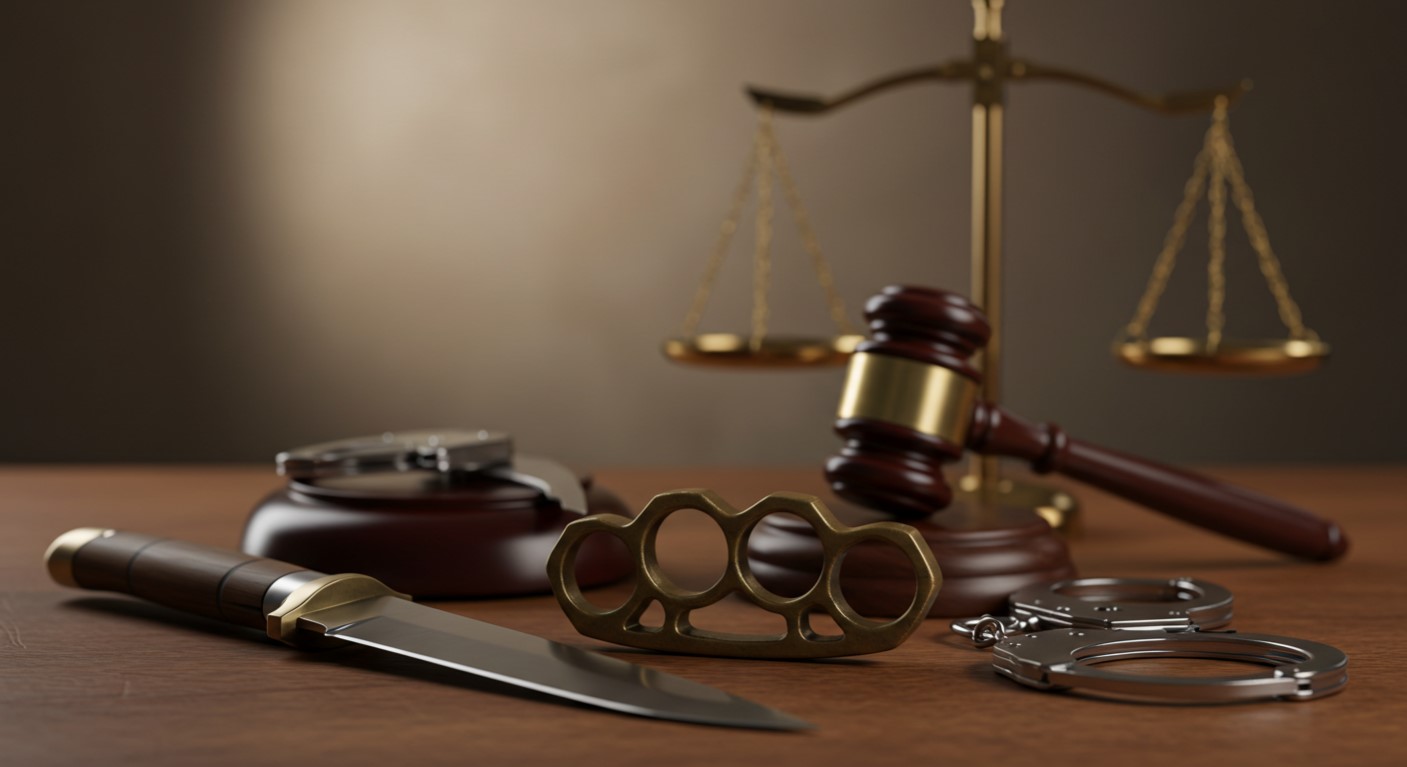The Role of Evidence in Criminal Charges in England: Can You Be Charged Without Evidence, Legal Types of Evidence, and the Importance of Seeking Legal Advice

The Role of Evidence in Criminal Charges in England: Can You Be Charged Without Evidence, Legal Types of Evidence, and the Importance of Seeking Legal Advice
The concept of evidence is fundamental in criminal law in England. It forms the basis for charging individuals with criminal offences and plays a pivotal role in the legal process.
This article explores the role of evidence in criminal charges and whether someone can be charged with a criminal offence in the absence of evidence, the various types of evidence recognised by the law, and why seeking legal advice is crucial when facing criminal allegations.
Can You Be Charged Without Evidence?

In England, the legal system operates under the fundamental principle that individuals are presumed innocent until proven guilty. This presumption places the burden of proof squarely on the prosecution.
While it is expected that charges should be supported by evidence, it’s essential to understand that charges can still be filed in the absence of concrete evidence, particularly in cases where initial suspicions or allegations are made.
- Presumption of Innocence: The presumption of innocence means that, at the outset, an accused person is considered innocent of the alleged offence. The prosecution is tasked with the responsibility of presenting sufficient evidence to prove guilt beyond a reasonable doubt. Until that burden is met, the accused is legally innocent.
- Insufficient Evidence: In cases where there is insufficient evidence to support a criminal charge, it becomes less likely that charges will be brought. However, the absence of conclusive evidence does not preclude charges from being filed. Law enforcement agencies may initiate investigations based on initial suspicions or reports of criminal activity.
- Police Investigations: The police have the authority to conduct investigations even when concrete evidence is lacking at the outset. Investigations aim to gather evidence, witness statements, and any other relevant information that may lead to the discovery of evidence sufficient to support criminal charges.
Types of Evidence Recognised in Criminal Cases

Understanding the various types of evidence recognised in criminal cases is crucial in assessing the strength of a case and the likelihood of charges being filed:
- Direct Evidence: Direct evidence is tangible and explicitly links a person to the alleged offence. Examples include eyewitness evidence, physical evidence (such as DNA or fingerprints), and video recordings that clearly show the individual committing the crime.
- Circumstantial Evidence: Circumstantial evidence relies on inferences to establish guilt. It involves a collection of circumstances or events that, when considered together, create a reasonable inference of guilt. For example, if someone’s fingerprints are found at the scene of a burglary, it can be circumstantial evidence of their involvement.
- Hearsay Evidence: Hearsay evidence consists of statements made by a person who is not a witness in the case and is offered for the truth of its contents. Generally, hearsay is inadmissible in court, but there are exceptions. For instance, statements against interest or business records may be admissible.
- Character Evidence: Character evidence pertains to information about a person’s general character or disposition. It is generally not admissible to prove guilt, but it may be introduced in court to challenge a witness’s credibility. For instance, if a witness has a history of dishonesty, character evidence may be presented to question their truthfulness.
The Importance of Seeking Legal Advice
Seeking legal advice is crucial when facing criminal allegations, especially in cases where evidence may be lacking or inconclusive:
- Understanding Your Situation: Legal professionals can provide you with a comprehensive understanding of the nature of the allegations against you. They can assess the strength of the evidence, if any, and explain your rights and potential defences.
- Preserving Evidence: Solicitors can help you preserve crucial evidence that may be essential to your defence. This includes ensuring that relevant documents, witnesses, or physical evidence are retained and available for your case.
- Challenging Weak Evidence: When evidence is weak or circumstantial, experienced criminal solicitors can challenge its admissibility or credibility in court. They can employ legal strategies to undermine the prosecution’s case.
- Negotiating with Prosecutors: Legal experts can negotiate with prosecutors to seek reduced charges or a basis of plea bargain.
- Ensuring Fair Treatment: Legal advice ensures that you are treated fairly throughout the legal process, regardless of the strength or absence of evidence against you. Solicitors advocate for your rights and interests at every stage of the proceedings.
Conclusion: The Role of Evidence in Criminal Charges in England

While the presumption of innocence is a foundational principle in English criminal law, charges can still be brought based on initial suspicions or allegations, even when concrete evidence is lacking. The strength and admissibility of evidence play a pivotal role in determining the outcome of criminal cases.
In the face of criminal charges, seeking legal advice is not just a valuable option; it is a fundamental safeguard of your rights and interests. Experienced criminal solicitors can help you navigate the complexities of the legal system, understand the evidence against you, and build a robust defence strategy.
Whether evidence is strong, weak, or lacking, legal advice ensures that you receive a fair and just resolution in the criminal justice system, protecting your rights and securing the best possible outcome for your case.
Notice: Informational Content Disclaimer
The content provided on this website, including articles, blog posts, and other informational materials, is intended for general informational purposes only. It is not intended as, and should not be considered, legal advice.
Visitors to this website should be aware that the information presented here is not a substitute for seeking legal advice from a qualified solicitor or legal professional. Each individual's legal situation is unique, and the information provided may not be applicable to specific circumstances.
If you require legal advice or have specific legal questions, we encourage you to contact us directly. Our experienced team of solicitors is here to assist you with your legal needs and provide tailored advice to address your concerns.
Please be advised that any communication through this website, including the use of contact forms or email, does not create a solicitor-client relationship. Confidential or time-sensitive information should not be sent through this website. To establish a solicitor-client relationship and discuss your legal matters in detail, please contact us for a consultation.
We strive to provide accurate and up-to-date information, but we make no representations or warranties regarding the accuracy, completeness, or suitability of the information contained on this website. We shall not be liable for any reliance placed on the information provided herein.
Thank you for visiting our website. We look forward to the opportunity to assist you with your legal needs.




